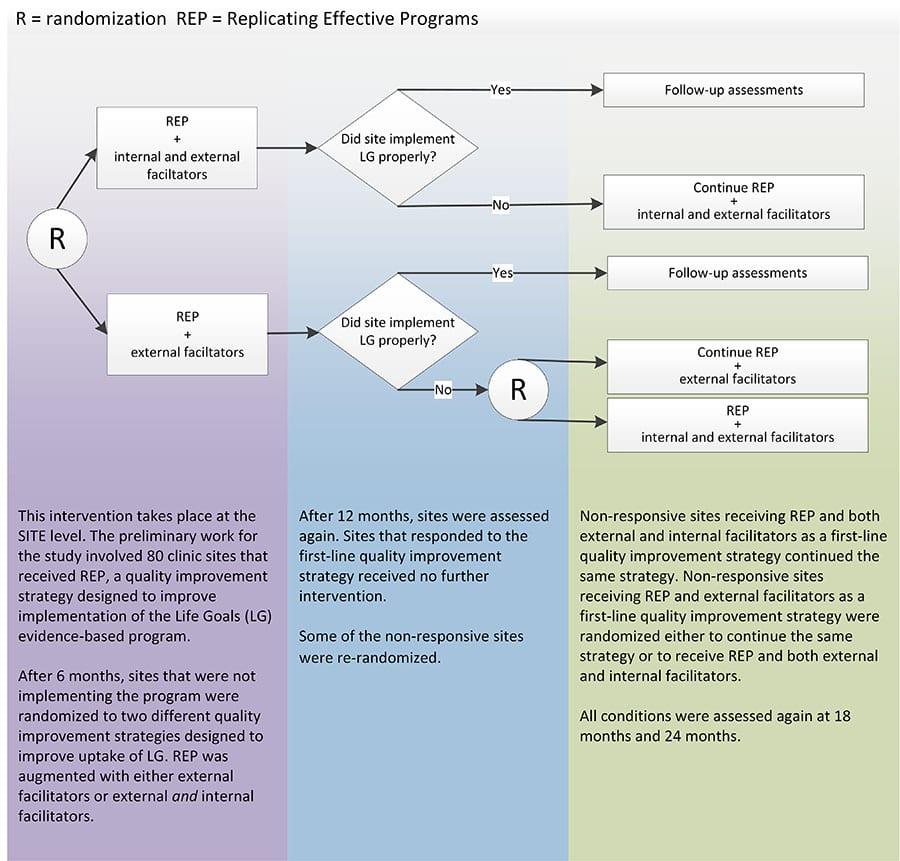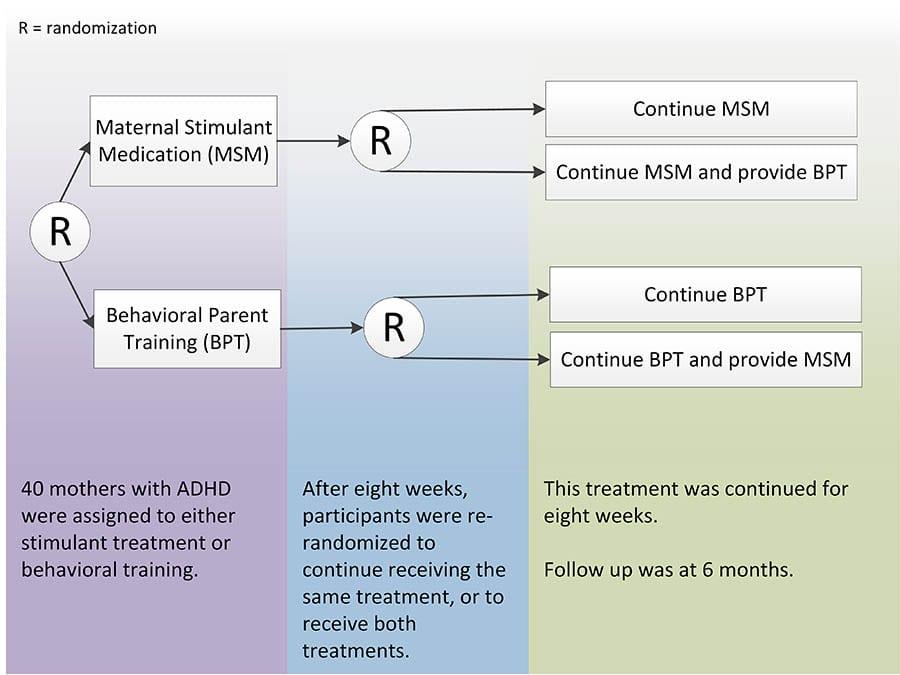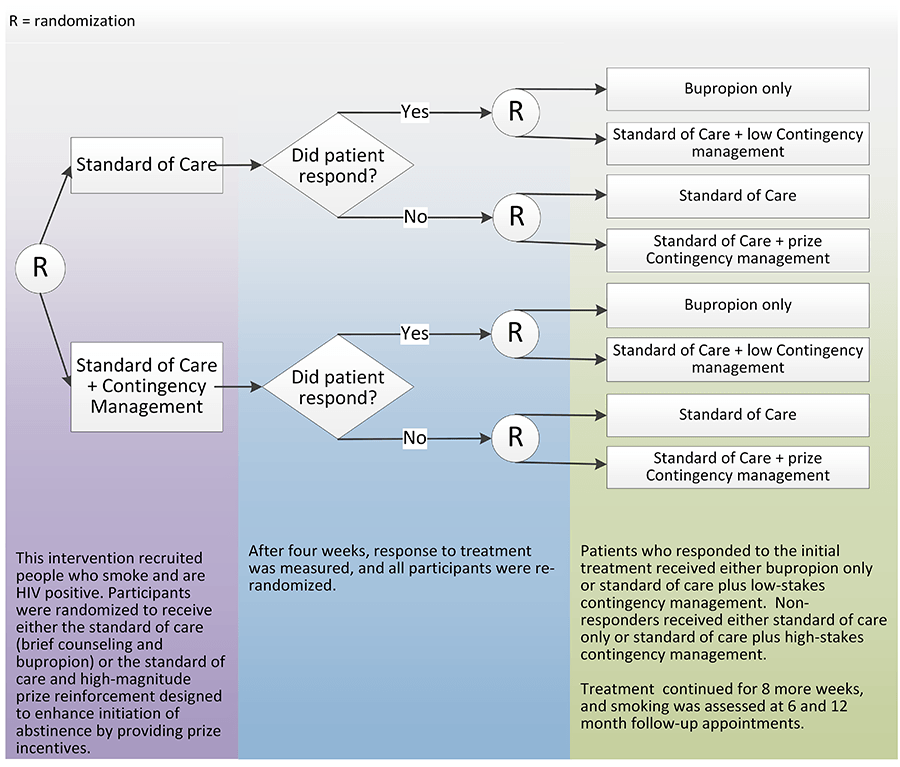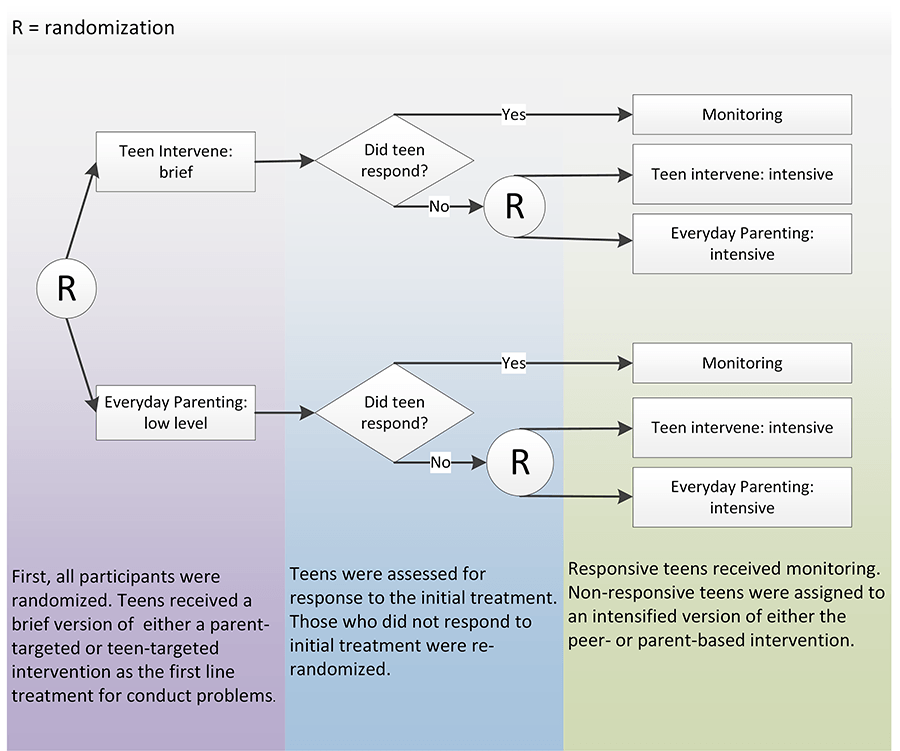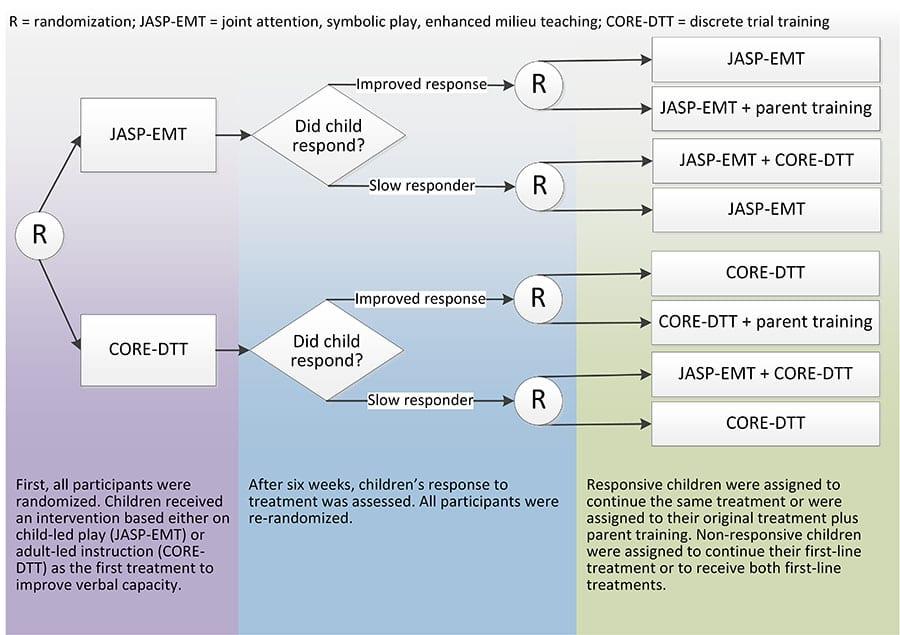A Multilevel Cluster-Randomized SMART on Tobacco Cessation
The aims of this cluster-randomized trial are to evaluate multi-level implementation strategies to increase the Reach (i.e., proportion of tobacco-using patients who enroll in the Quitline) and Impact (i.e., Reach × Efficacy [efficacy is defined as the proportion of tobacco-using patients who enroll in Quitline treatment that successfully quit]) and to evaluate characteristics of healthcare system, providers, and patients that may influence tobacco-use outcomes.




